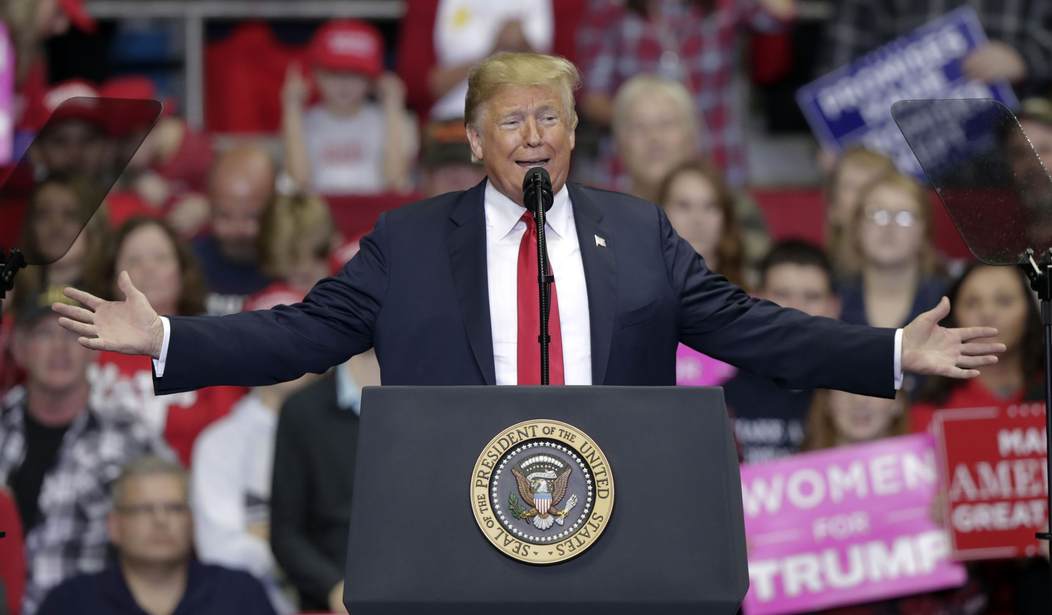CHARLESTON, W.Va. -- The great American tradition of storytelling has deep roots in the rolling hills and deep hollers of Appalachia.
The folks in places like this seem particularly prolific at telling stories about their town or village, as well as the people who came before and settled the land, or made it better, prospered and wove together the tapestry that is the area today.
This art form is fading, thanks in part to modern entertainment technology. And technology also serves as a divider in the way that storytelling doesn't.
All a story needs to move, impact and connect is two people sitting down together.
Sometimes those two people have little in common, and that's OK.
StoryCorps is a nonprofit organization that has a unique mission: to build a connection between people through sharing humanity's stories, and create a more compassionate world.
Its mission expanded last month when it began its One Small Step initiative designed to bring civility to people with opposing viewpoints in politics.
It brought its traveling booth (which looks like an Airstream, the iconic aluminum trailer that was part of the great American road trip of the '50s) to record pairs of people who have never met face to face and get the conversation started.
And the stories.
Recordings from the project have been appearing on NPR and social media and have brought people together, such as a Muslim who opposed the presidency of President Trump speaking with a man who supports him. Four members of Congress have also appeared.
And there's a good recording from Charleston.
Recommended
At age 48, Mike Pushkin is twice as old as 24-year-old Phalen Kuckuck.
Pushkin is a member of the West Virginia House of Delegates, and Kuckuck is his constituent. Pushkin's a Democrat, and Kuckuck is the executive director of the state's Republican Party.
The conversation begins when Pushkin asks Kuckuck the root of his last name.
"Oh, OK. Let's see. Is your name German?" asks Pushkin.
"My last name is aggressively German, yeah," Kuckuck says.
They both laugh.
"Pushkin is a Russian name, but we're not actually Russian," the legislator tells Kuckuck. "Either Lithuanian or Latvian. Somewhere close to the border there ... But we weren't really considered Lithuanian or Latvian. At that point in time, Jews weren't really accepted as citizens."
They engage in an interesting conversation about the difference between Conservative and Reform Judaism and which temple Pushkin belongs to in Charleston. Kuckuck admits to being generically Christian. Pushkin tells him his religion came at birth: "I didn't choose my religion. I was born with it, and I went with it."
The conversation goes to music, and Pushkin admits to once being in a band: "I was in my 20s ... there was a lot of good stuff coming out then, and I was playing in a funk band, so I was keeping up with the hip-hop that was coming out then, and in my opinion, maybe it's because I'm old, that's the era of hip-hop that I like."
Here are two men sitting there telling their stories, one-on-one. The conversation is both enlightening and a perfect example of how people generally behave without the glow of the camera on a panel.
Their stories and beliefs start to intertwine, and the relationship and the moment become larger than the national narrative of people being unable to communicate when they hold opposing views. Instead of a screaming match, a glimpse into American life begins to emerge. And it's a good one.
It's like a speed date, only a lengthy conversation, rather than a brief encounter. The conversations are meaningful, enlightening and profoundly normal, and that is what makes it so special.
When the conversation turns to Trump, both men are remarkably reasonable. When the conversation ends, both admit to thoroughly enjoying it.
"It was interesting, and I enjoyed it," says Pushkin. Kuckuck agrees, saying, "I enjoyed it, too, and even though we're across the aisle, I think we have a lot in common. And it was nice talking to you."
Judging by the photo of Pushkin and Kuckuck, who posed after the conversation, the older man wrapping his arm around his younger, more conservative new friend, Pushkin and Kuckuck are proof that StoryCorps' mission of bridging the divide through stories is not only attainable but also enjoyable for everyone involved.
Salena Zito is a CNN political analyst as well as a staff reporter and columnist for the Washington Examiner. She reaches the Everyman and Everywoman through shoe-leather journalism, traveling from Main Street to the beltway and all places in between.

























Join the conversation as a VIP Member